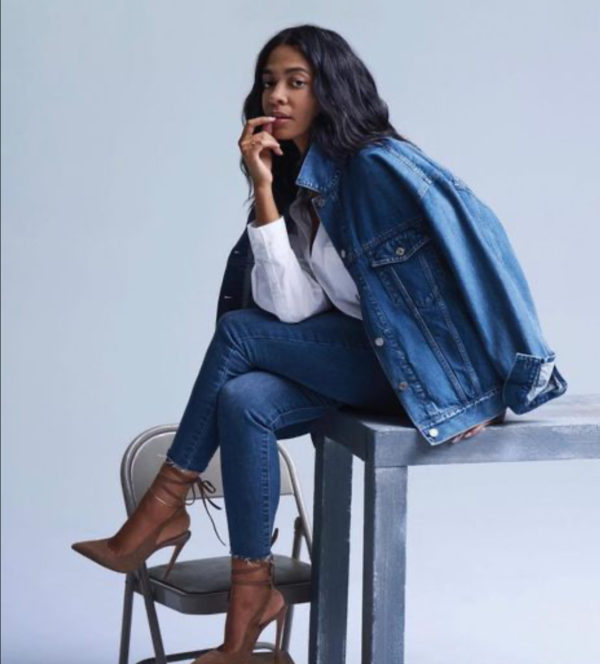‘Keep Applying Pressure’: Nordstrom Signs 10-Year Contract with 15 Percent Pledge Committing to Long-Term Investment In Black Businesses
The list of major retailers joining the growing 15 Percent Pledge national campaign to invest in Black-owned businesses is growing.
The latest to join in is Nordstrom, which owns and operates 356 stores combined in the United States and Canada. The leading fashion retailer is the first to sign on with a 10-year commitment of allocating 15 percent of its shelf space to black brands.
“Over the next 10 years Nordstrom will grow purchases from brands owned or founded by Black individuals by 10x by the end of 2030,” said Pete Nordstrom, chief brand officer and president of Nordstrom, Inc. “Long term societal change cannot happen overnight and we’re in this for the long haul,” continued his statement.
News of the partnership was met with resounding excitement and support on social media.
“Keep applying pressure ”
“Yes!! Systemic change does take time, breadth and commitment!”
“YESSSS! My favorite department store is about to get even better ”
The 15 Percent Pledge was launched in June 2020 by the founder of Black accessories brand Brother Vellies: Aurora James. Thus far, the organization has garnered support from major retailers such as GAP, Ulta Beauty, Macys, Sephora and Bloomingdales, just to name a few.
According to the Pledge, Black propose make up just 15 percent of the population, yet they carry a buying power of more than $3 trillion. At minimum, the Pledge believes companies can provide 15 percent of their shelf space to highlight and invest in Black brands that often do not have the financial backing to gain entry into big retailer’s investors lists.
“If they [corporations] agreed to do that in a major way, which isn’t even that major — it’s kind of the bare minimum, in fact — then a whole ricochet effect could take place,” said James when explaining the ideation of the Pledge to Vogue. The Pledge’s goal is to increase the economic power of Black-owned businesses, and to set the standard of how major companies invest in these brands. Helping the campaign gain traction has been its approach of calling out companies to join in, though not all calls have garnered desirable outcomes.
Shortly after its launch, the Pledge called on mega-retailer Target to join in on the commitment. The retailer opted not to participate, but instead launched an initiative of its own with a commitment to spend $2 billion with Black-owned businesses by 2025. “Target, isn’t the Black community worth more to you?” was the question posed to the retailer that brought in more than $93 billion during 2020.
The Pledge was both offended by Target’s stance, which allegedly equals to less than 1 percent of its revenue, and its marketing scheme that reportedly made it look as though the brand was in partnership with the Pledge. James’ organization called out the retailer online in several social media posts.
“To be clear, even though their branding looks like it’s part of the Pledge, it is not. Their commitment is $2 billion over four years. @target has a revenue of $94 billion a year, which means their commitment is about half a percent. Less than 1%. We should not be applauding this. We deserve so much more than this.”
In a statement, the Pledge said Target lacked any structure or real means of measuring the outcome of the company’s investment. “Any commitment to invest in Black people is a step in the right direction, but Target should formalize their commitment by signing the 15 Percent Pledge and working toward allocating 15 percent of their shelf space to Black-owed brands.”

